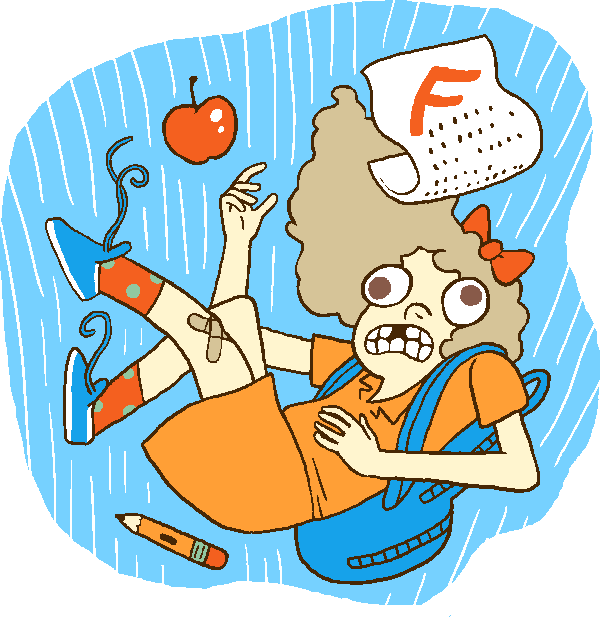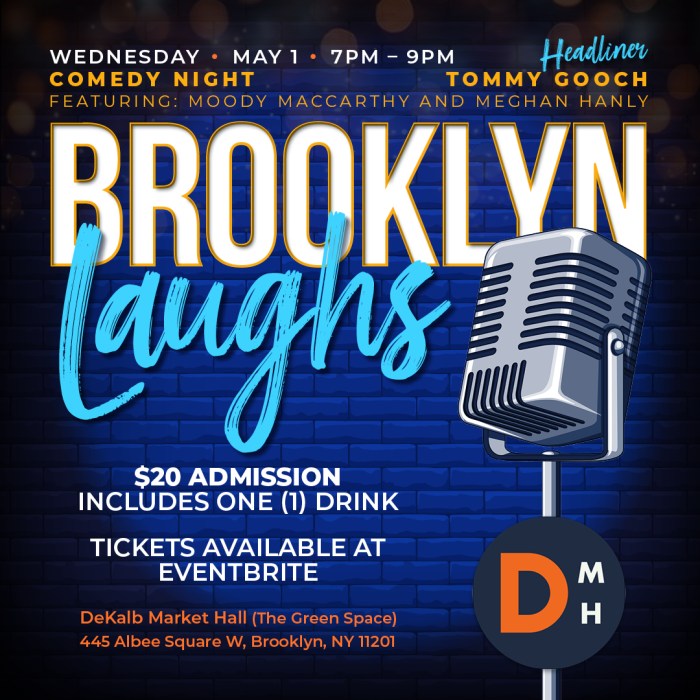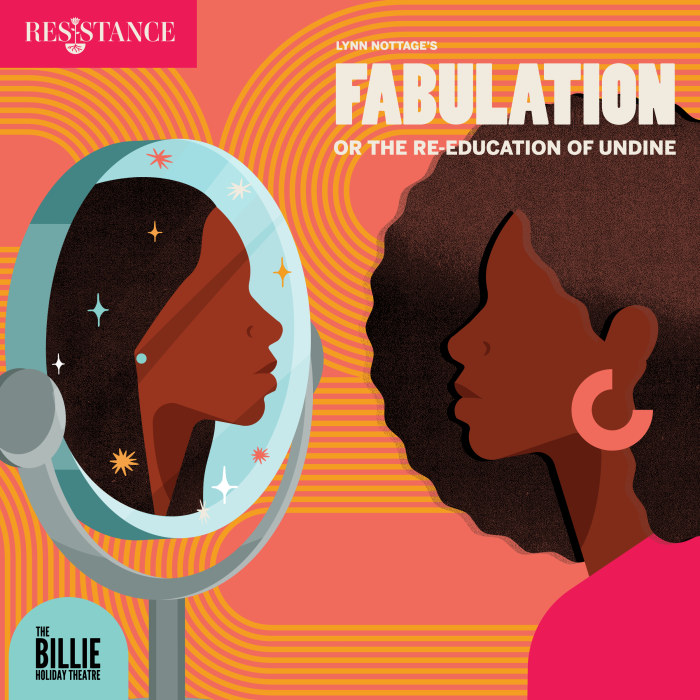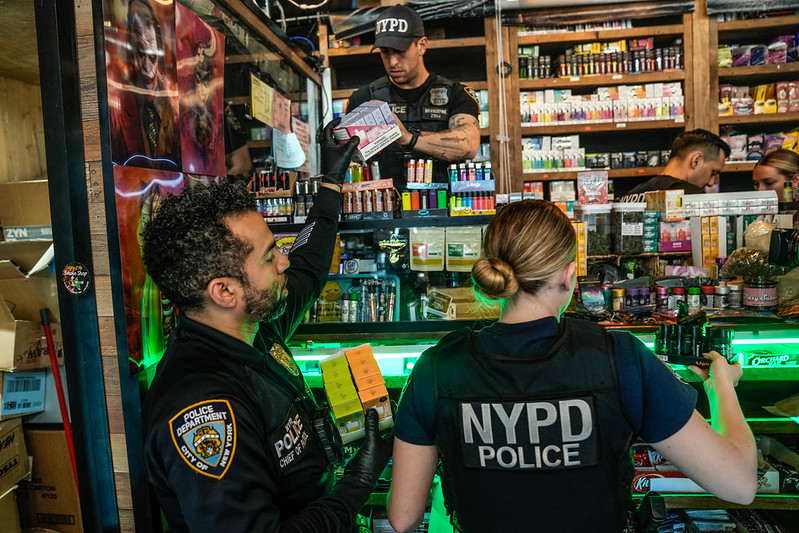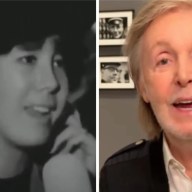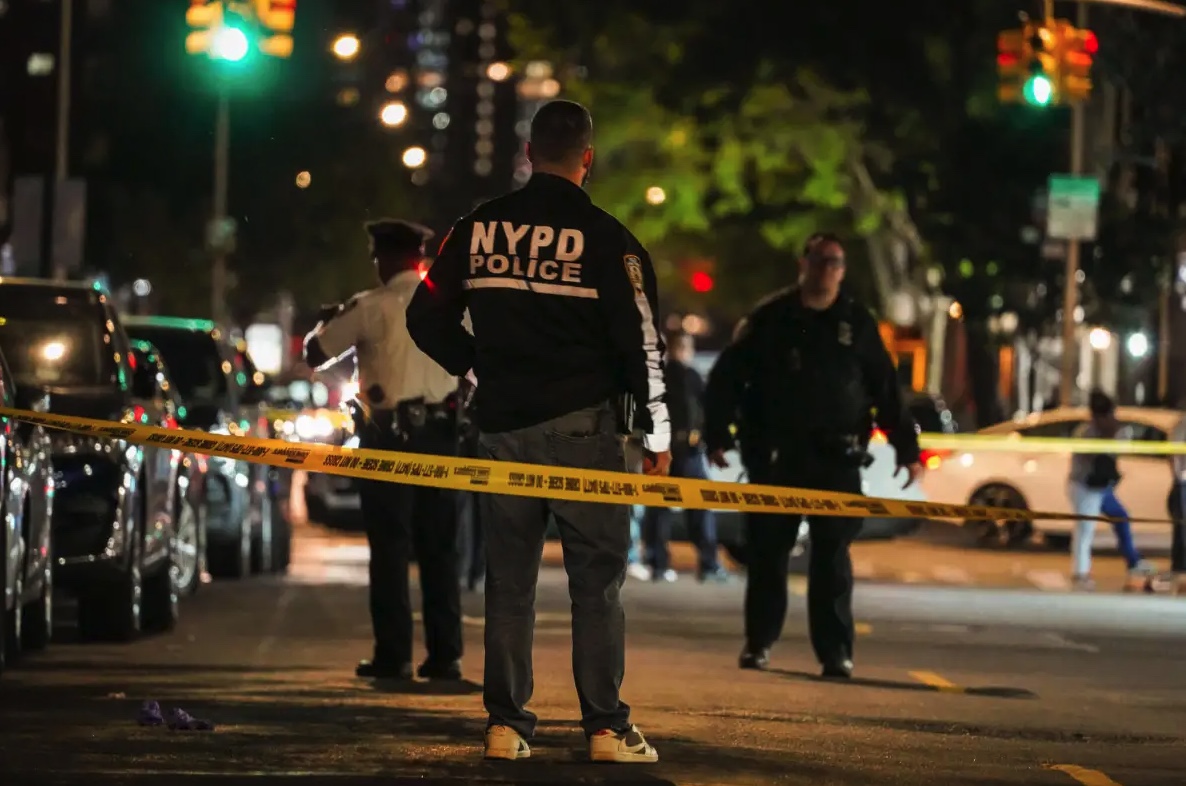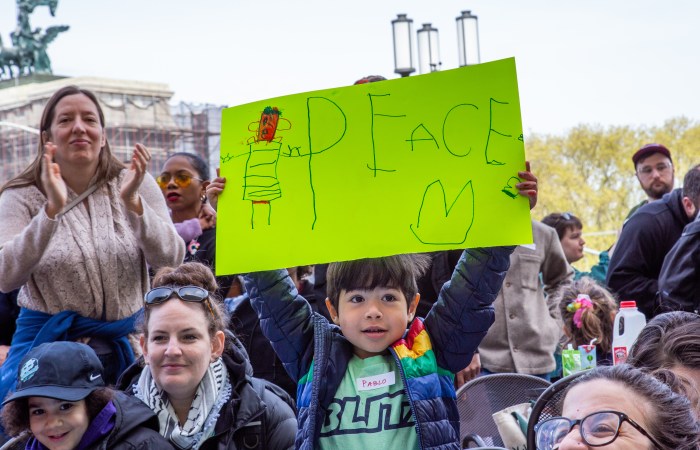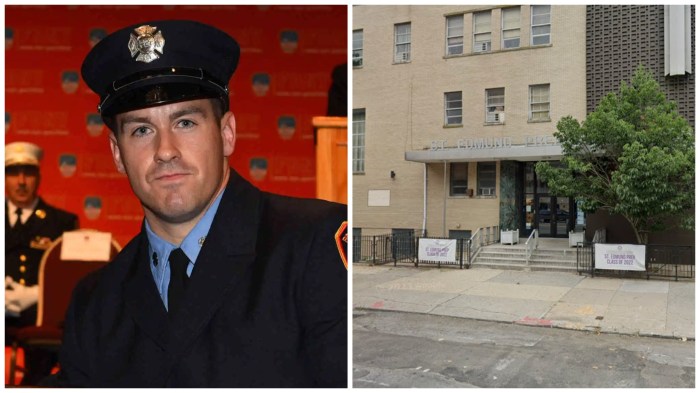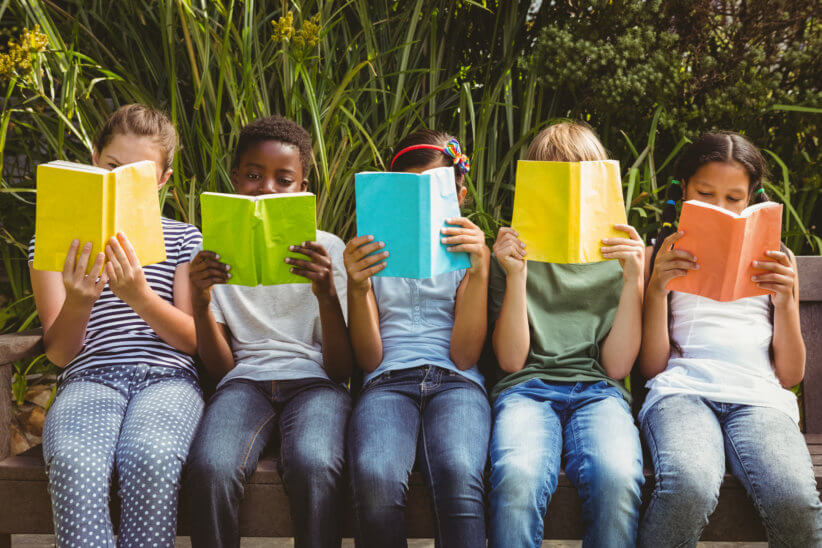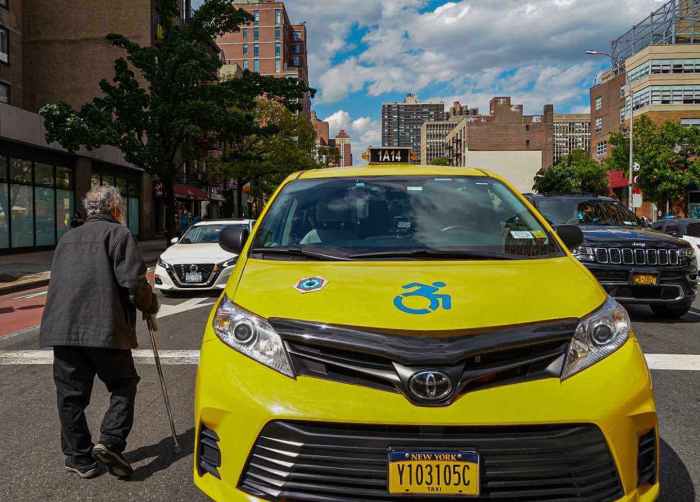When the Big G and I decided to get married, we went to a rabbi we knew and asked if he might marry us. Instead of an enthusiastic yes, we got a videotape to watch on the dangers of interfaith marriage, high among them the assured result of bearing children who are confused and disoriented.
After the video, we met with the rabbi and said that we still felt confident in our desire to get married. Unlike most of the couples featured, Jesus didn’t come between us. We were never going to argue as one couple did over whether to baptize or circumcise. G was raised with little religion, and we agreed that the children would be raised with many of my Jewish traditions (including a circumcision) without ignoring the slightly more secularized celebrations of his own upbringing.
The rabbi looked at us over the top of his glasses and shook his head over the stupidity of our decision.
“What exactly are you going to say to your children when they get presents wrapped in blue and white from one set of grandparents, and presents wrapped in red and green from the other set?”
I guffawed loudly from the hard-backed chair across from this man, this supposed spiritual leader.
“That’s easy,” I said. “I’m going to say you’re really lucky to be getting so many presents…”
Different colors of wrapping paper, really? This is what we had to worry about? The pettiness of the rabbi’s example proved a great metaphor for the silly ways in which people choose to differentiate themselves. The positive outcome of the experience was that G and I became closer, bonded together against the notion that we couldn’t forge a path toward a good life without the conscription of shared religion.
The rabbi refused to marry us without a promise that G would convert, which was never going to happen given his lack of belief in a specific version of The Story of the Unknown Entity. I didn’t really believe in the Old Testament I’d grown up with, actually, but I loved the music and the singing and I always crave a structure, even if I reserve the right to act outside of it.
We went forward happily with our non-denominational vows from a judge. His confusion over the importance of tennis to our relationship notwithstanding, at least the judge wasn’t nearly as judgmental as the rabbi.
Perhaps we were a bit unfair to the rabbi; after all, religious belief did not form the basis of our relationship anyway. And religion was never going to be the basis for how we planned to raise our children to be good, upright people.
After 19 years, other problems have surfaced, surely, but religious differences have never been among them. Our moral compasses waver daily in keeping with our attempts at understanding the ever-changing world, but the most constant directional course of our marriage and our parenting has been an understanding and an openness to people’s differences. We share amongst ourselves and now with our kids a strict lack of regard for the external factors that seem intended to separate people from one another and keep them in their silos.
Living in Park Slope has certainly helped foster our children’s belief that difference of religion, race, nationality and ethnicity, do not stop people from being friends, or more than friends. I often joke that my neighborhood is the one couples move to if they’re of mixed variety — one Jewish and one Christian, one black and one white, one Asian and one Caucasian. We are mutts here, many of us, cross-breeds whose progeny — at least according to some — should be confused and disoriented.
Will they be? The jury is still out. So far, they seem unfazed by the various wrapping papers, happy to encompass any and all gestures when they come from a place of good tidings. They gobble the chocolate gelt that comes in Hanukkah packages from my family, and are happy to decorate their grandparents’ Christmas tree and spend time with their cousins. I don’t even have to tell them they are lucky because they know it. They do not differentiate the two sides of their family at all by religion, as it should be.
I do not begrudge people their faith, in fact, I envy them if the words of the Torah or the New Testament or the Koran comfort them and their families. What I do resist is the notion that beliefs cannot coexist, that these Creation stories held so dear out of a sense of moral justice might actually create hostility and anger and war.
Just as I’d imagined, the withdrawal of an Us vs. Them model in my home, the lack of a specific what-we-believe-is-better argument, actually seems to have allowed room for my kids to judge individuals solely by their actions and not by the dictates of a single deity. If they’re going to group with people, they can do so based on the characteristics of each individual as they’ve come to witness them firsthand.
Here, in Park Slope, my children rarely notice if people are Jewish or Christian or Muslim or Quaker. They’ve seen all kinds of people, witnessed themselves how nice all people can be.
It is the greatest gift Brooklyn presents to us every year, the ability to teach children not to judge negatively by the packaging, not to avoid loving anybody of any sort.


